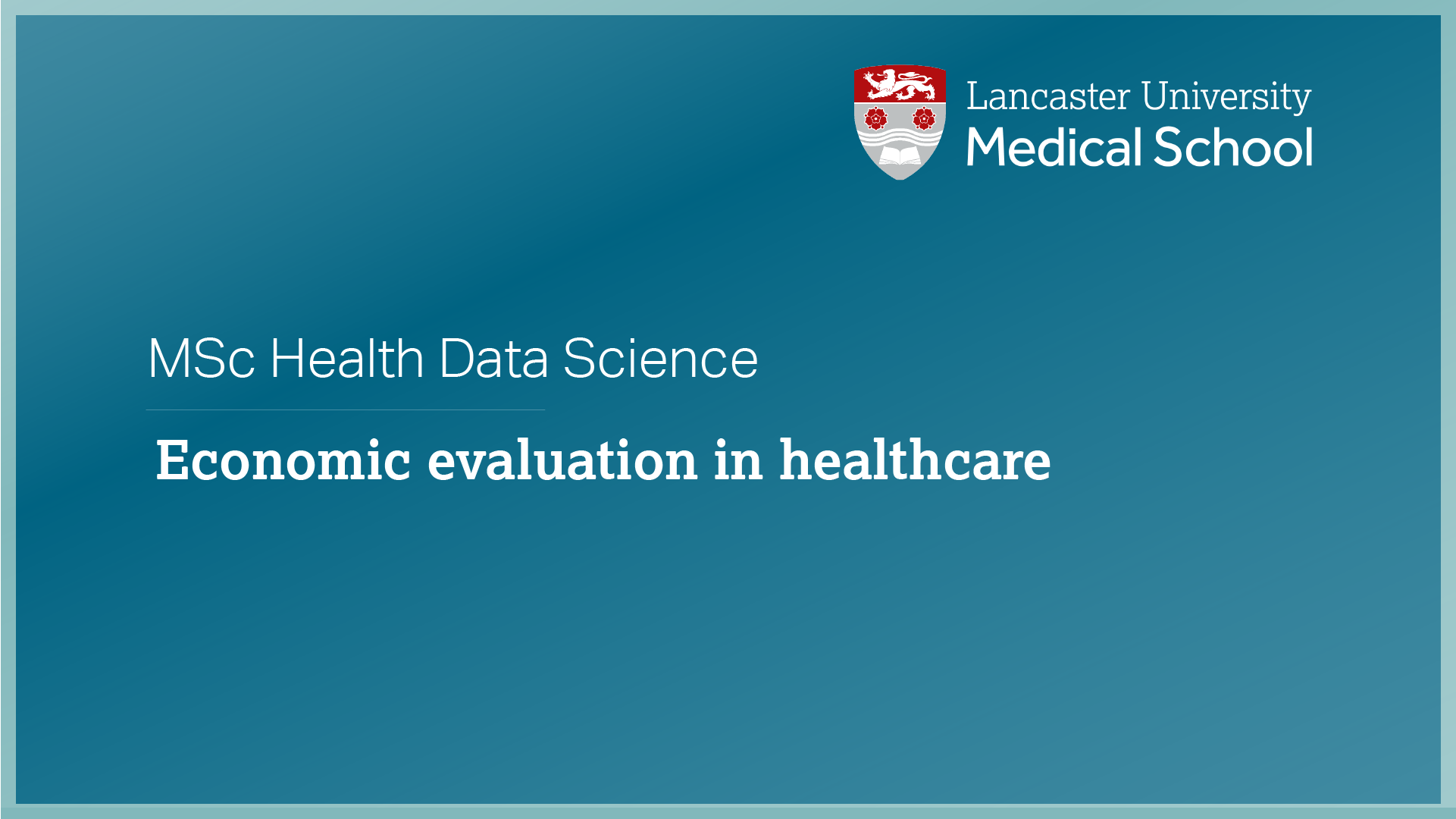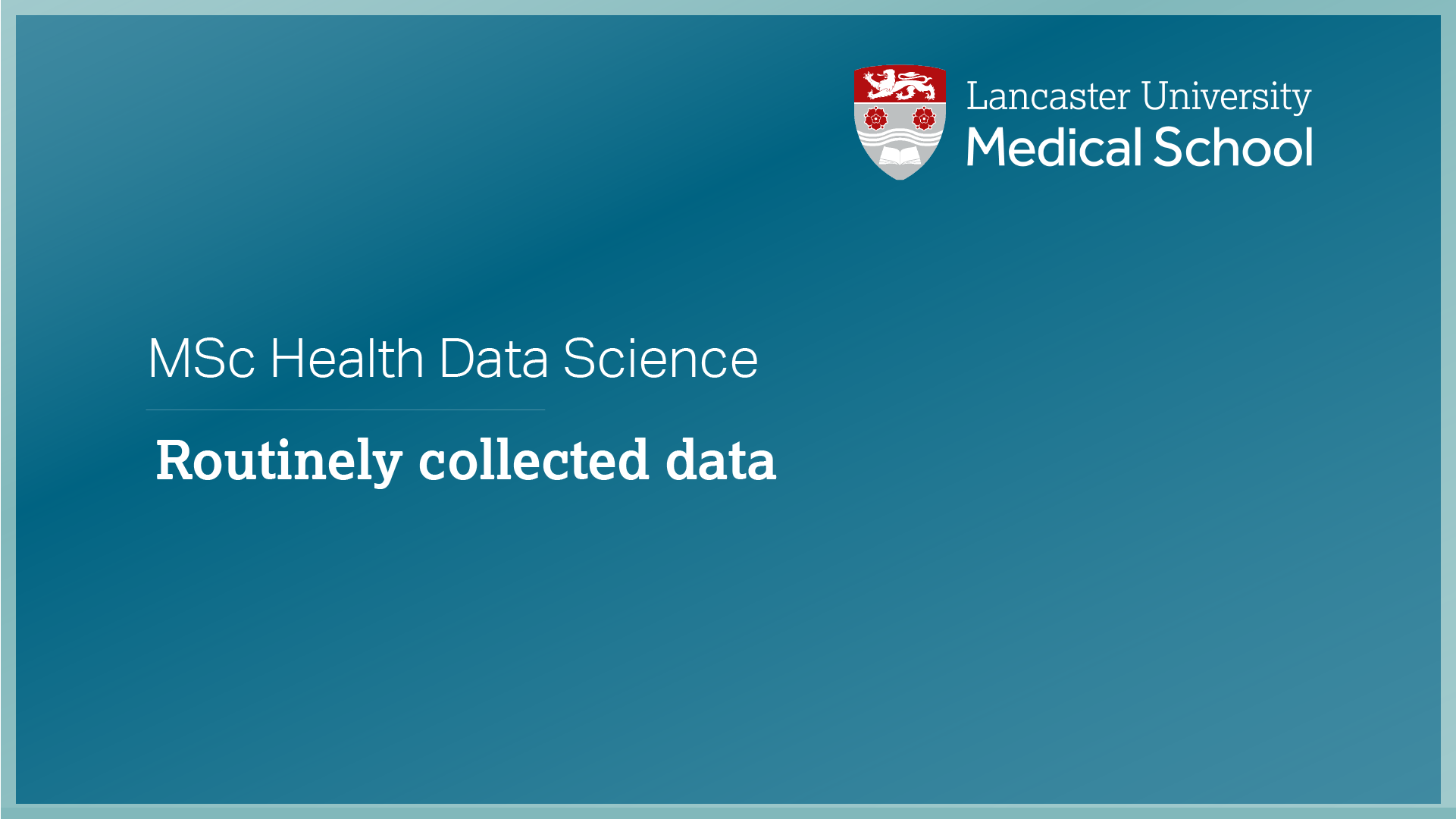And how did you know that an MSc in Health Data Science was the next step for you?
I have a degree in Maths and Statistics and was working in a business intelligence role at a local hospital. Health Data Science was a natural next step, as it built on my existing skills and could help with career progression.
What have been the highlights of the course?
I liked the modules on programming and routinely collected healthcare data because they were directly relevant to my job. My dissertation was the best part - I based it on a project at work, and by that point, I had moved into a Data Scientist role so felt like I was making a real difference.
What were your career goals when you started your MSc?
I didn’t have a specific goal in mind, but I wanted to progress in my career. Since I was already in healthcare, I was looking to move forward in that space.
What have you gone on to do since completing your MSc?
I’m currently a Data Scientist, but I’ll soon be starting a new role as a Lead Analytics Engineer. I’ve worked on projects that have improved access to research and helped me figure out what I enjoy doing in my job. I’ve also used techniques from my MSc in my work several times.
How has your MSc helped you in your career?
The MSc gave me technical skills that I’ve used at work, and it’s also helped me move into different roles. Being able to apply what I learned directly to work has been valuable.
What advice would you give to students considering studying Health Data Science?
A good foundation in maths and some programming knowledge will help. Hand-on experience is also great, I feel that working alongside studying gave me an additional view of the course content.















